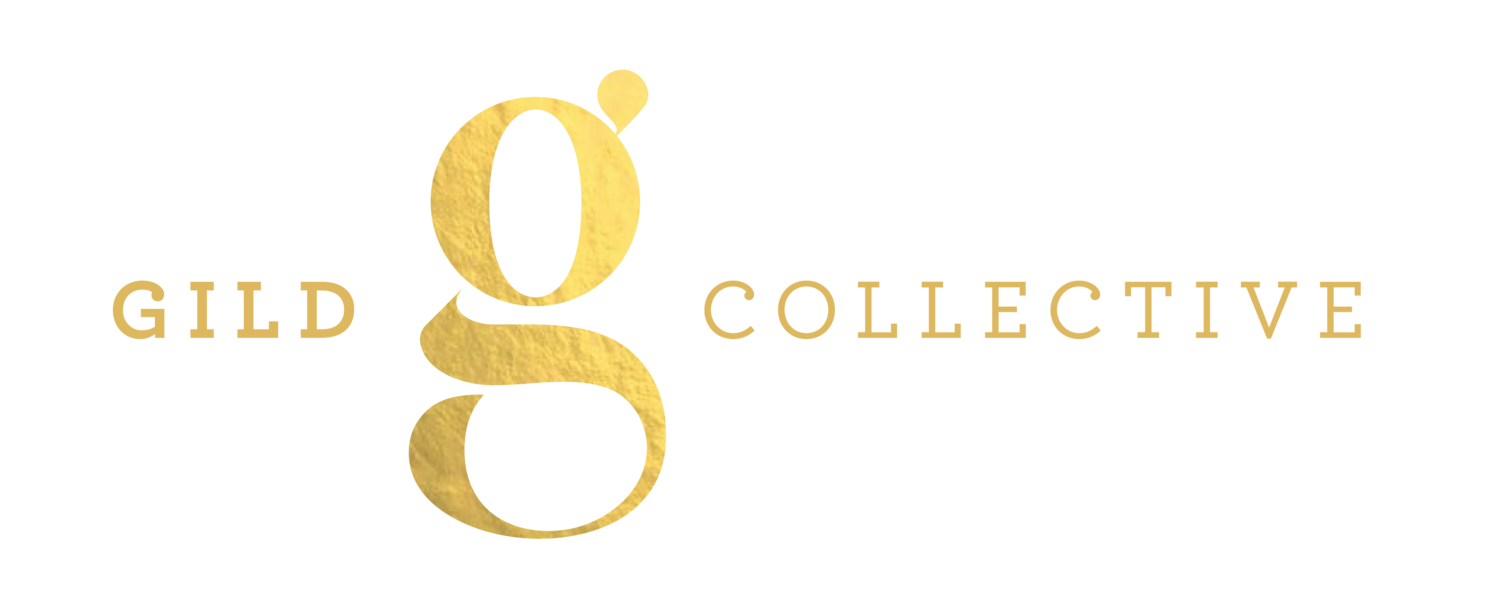In today's socially-conscious world, businesses are realizing the necessity to prioritize and enact programs in their organizations dedicated to promoting gender equality. Such programs aim to interrupt bias and dismantle harmful gender stereotypes. Whether you're a CEO, HR representative, or an employee interested in spearheading changes in your organization, this post reviews why gender equality is essential, strategies for launching successful programs, and how to gauge their effectiveness in the workplace.
Tackling Inequality: Workplace Gender Programs
Solutions for Reducing Gender Inequality in the Workplace
Gender inequality continues to be a pressing issue in workplaces around the world. Achieving gender equality is not only a matter of fairness and justice, but also crucial for promoting diversity, fostering innovation, and driving economic growth. In this post, we will dive into the concept of gender inequality, explore its origins and historical background, and analyze its impact on the workplace. We will also examine the latest statistics and research studies on gender inequality, highlighting cases in various industries. Additionally, we will discuss practical steps that organizations can take to reduce gender inequality, such as promoting diversity and inclusion in recruitment strategies, implementing equal pay policies, providing equitable opportunities for growth and development, and addressing gender biases and stereotypes.
HCMx Radio Podcast: What's Next for Gender Bias
The HCMx Radio podcast is hosted by Rachel Cooke, Michael Rochelle, Mike Cooke and the Brandon Hall Group Analyst Team, and focuses on innovative, cutting-edge human capital management topics. I (Rachel) was thrilled to have a conversation with Rachel Cooke from Brandon Hall Group about “What’s Next for Gender Bias”.
Watch or listen, here!
Three Ways I Respond To The Idea That Men are “Victims” of #MeToo
There is an alternate and continuing narrative, however, that needs to be addressed before we move forward. It is the narrative that pities men and the “backlash” they have had to bear since #MeToo became a household term, and perpetuates two very false ideas: First, that women are the only survivors of sexual assault. And second, that men everywhere now have to “be careful” or that they will be accused themselves. The latter is particularly problematic, as it implies that women who do come forward with accusations are not being truthful.
What I'm Reading: Women in the Workplace 2019
Each year, we eagerly anticipate the release of the annual Women in the Workplace study conducted by LeanIn.org and McKinsey and Company. This year, the report’s fifth year, was no different. There are often new themes and new lenses on the topics of representation, bias, and how to mitigate unequal treatment in the workplace. Our big takeaway this year is a concept coined The Broken Rung.
What I’m Reading: We Should All Be Feminists
There it is again, that word—feminist. In Chimamanda Ngozi Adichie’s 2012 TEDx talk, adapted to a published essay in 2014, she relays her early justifications of the term. “At one point, I was a happy African feminist who does not hate men and likes lip gloss and who wears high heels for herself and not for men,” she says. “That word is so heavy with baggage—negative baggage.”
The End of an Era
Three Ways to Continue the Conversation on Gender Equality
Calendars have flipped to April, which means that in addition to longer days and rising temps, we’re closing the chapter on Women’s History Month. However, we’re here to remind you that gender equality is not about a single day, or a single month—this year’s theme for International Women’s Day makes it clear that the Press for Progress is an ongoing call to drive change in ourselves, in our workplaces, and in our communities. The “hype” may have passed, but the need has not.
International Women’s Day: When & Where to Celebrate
This exciting day is right around the corner. Now, more than ever, there is a strong need to press forward and progress gender parity. In honor of this year’s theme, Gild Collective has created a Press For Progress workshop. We would love to help you celebrate the women in your organization.
International Women’s Day: Who Should Celebrate?
International Women’s Day is not just a day for women, nor should it be. We need all genders rallying together to support one another, and for that enthusiasm to continue well beyond one day in March. This is the only way that we will drive true change and Press for Progress as this year’s International Women's Day theme demands.
How do I handle sensitive topics at work?
One of the things we often hear is that people perceive the women’s initiative to be a place where everyone goes to complain. What we know, is that this is far from true, and that there are impactful, uplifting, and empowering conversations at every gathering of these initiatives, and we can’t allow those perceptions to keep us from addressing the challenges that individuals are facing at work, even the sensitive ones.
